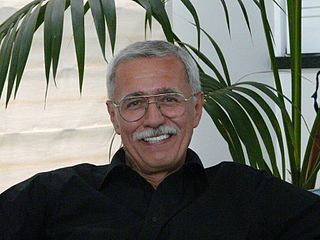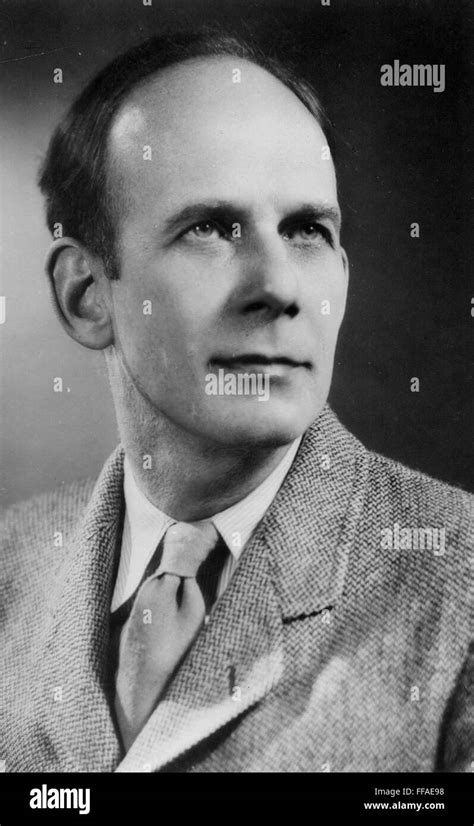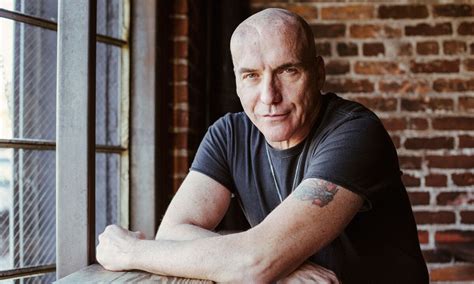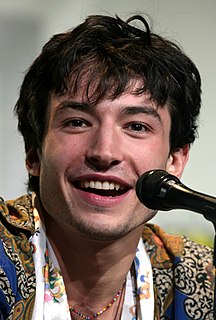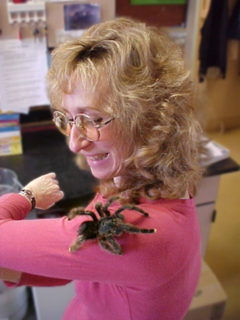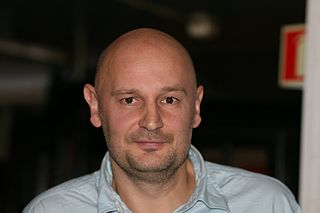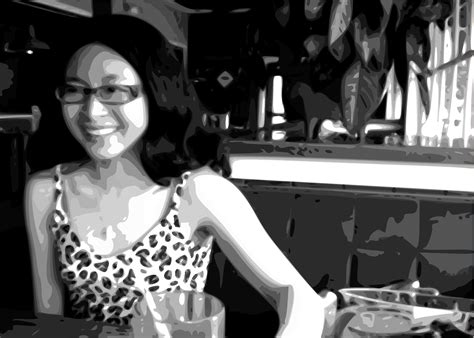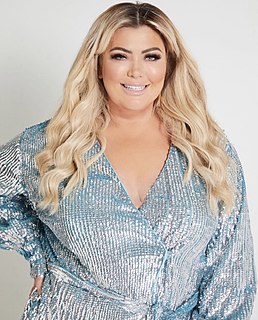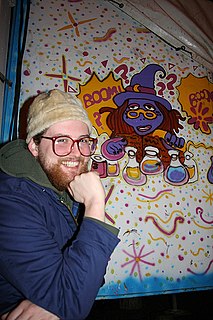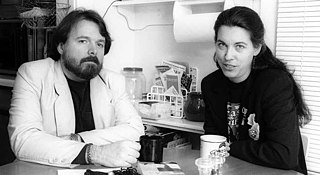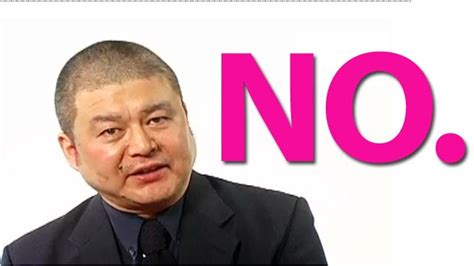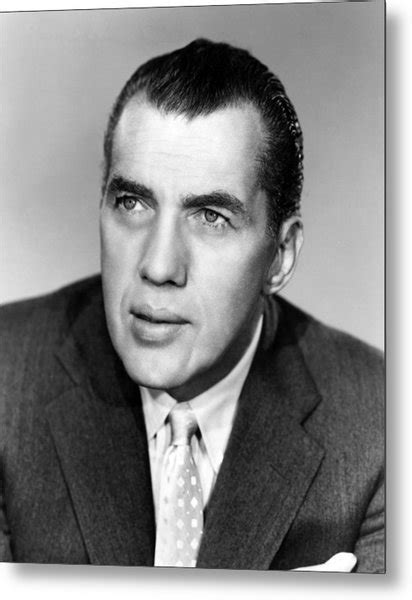Top 1200 Humans Quotes & Sayings - Page 4
Explore popular Humans quotes.
Last updated on November 25, 2024.
In the native literatures of North America there aren't any novels. Instead, the major genre is myth. And myths are stories that are fundamentally about the world, not about human individuals. A myth needn't include any humans at all. If it does include them, they're usually minor characters - imaginary humans sent out like scouts to report back on what's happening in the mythworld, but not central participants in the action.
Ecology more important than saving animals from slavery??? Humans suffer the raping of the earth but animals suffer DOUBLY: the raping of the earth PLUS their own raping by humans. They are innocent/they are not the ones who raped the earth/they enrich it for us all from the tiniest microscopic beings to the largest ones.
Early ecologists soon realised that, since humans are organisms, ecology should include the study of the relationship between humans and the rest of the biosphere. ... We don't often tend to think about the social sciences (history, economics and politics) as subcategories of ecology. But since people are organisms, it is apparent that we must first understand the principles of ecology if we are to make sense of the events in the human world.
Society's only real 'progressives' are the deviants and mutants. Look at evolution - fish who didn't deviate never became amphibians; frogs who didn't mutate never became reptiles; conformist snakes never became mammals , etc. Normal Humans will remain humans, and they'll be subjugated by the digital monsters of the next few millenia.
My view of ethics and of its priority is connected to my view that we are fundamentally relational beings - both the product of human interactions, as well as committed as part of the expression of our own humanity to various social involvements. I see ethics as having two places in the maintenance of these relational activities - first as providing the basic coinage of our interactions qua humans and second as mediating the various roles we assume as humans.
The pretense that humans are superior to nonhumans is entirely unsupportable. I have seen no compelling evidence that humans are particularly more "intelligent" than any other creature. I have had long and fruitful relationshis with many nonhuman animals, both domesticated and wild, and have reveled in the bouquet of radically different intelligences - different forms, not different "quantities" that they have introduced to me, each in his or her own time, in his or her own way.
Lots of people think, well, we're humans; we're the most intelligent and accomplished species; we're in charge. Bacteria may have a different outlook: more bacteria live and work in one linear centimeter of your lower colon than all the humans who have ever lived. That's what's going on in your digestive tract right now. Are we in charge, or are we simply hosts for bacteria? It all depends on your outlook.
Why can't I solve this problem by killing someone? she though petulantly, then comforted herself with the mantra that had kept her going in prison: "Soon all the humans will be dead," she said, droning in the time-honored fashion of gurus everywhere. "And then Opal will be loved." And even if I'm not loved, she thought, at least all the humans will be dead.
So the main question is not, Which humans brought about the death of Jesus but, What did the death of Jesus bring about for humans - including Jews and Muslims and Buddhists and Hindus and nonreligious secularists - and all people everywhere?When it is all said and done, the most crucial question is: Why? Why did Christ suffer and die? Not why in the sense of cause, but why in the sense of purpose?
If humans are not required to earn a living to be provided survival needs, many are going to want very much to be productive, but not at those tasks they did not choose to do but were forced to accept in order to earn money. Instead, humans will spontaneously take upon themselves those tasks that world society really needs to have done.
If there's any sort of superpower we desperately need right now, it's this transcendental force that reminds us of union and connection. I think that superhero stories come from somewhere. We make these aspirational images, to remind us that we have this capacity in ourselves already. I think that electricity can run through disconnected wires. Superheroes, every single one of them, come from the world of imagination and they're played by humans, they're written by humans, and it's in the belief that we invest in these characters that they come to life.
It was not that I disliked people; some of them were interesting and kind. But even the nice ones were no more compelling or important to me than other creatures. Then, as now, to me humans are but one species among billions of other equally vivid and thrilling lives. I was never drawn to other children simply because they were human. Humans seemed to me a rather bullying species, and I was on the side of the underdog.
We have indeed been out in space, but some are under the illusion that we have been off Earth. In reality humans have never been off Earth. We have always been on a piece of Earth in space. We survive only as long as we can breathe the air of Earth, drink its waters, and be nourished by its foods. There is no indication that as humans we will ever live anywhere else in the universe. Place, too, is continuously being transformed but only within its own possibilities.
Food production has affected the environment more than any other activity humans have engaged in. Humanity devotes more land to food production than anything else - roughly a third of the surface area of the earth, much of which was once forest but has been converted by humans into farms or grazing lands.
Not only are animals unable to avail themselves of language to assert their own rights, but many fewer humans have a clear sense of kinship with animals than have a clear sense of kinship with other humans. Among beings with subjective states of awareness, animals are the untouchable caste, those whom human others would rather not acknowledge, let alone render assistance.
One problem with people is that as soon as they fill a space it's them you see and not the space. Large, desolate landscapes stop being large, desolate landscapes once they have people in them. They define what the eye sees. And the human eye is almost always directed at other humans. In this way an illusion is created that humans are more important than those things on earth which are not human. It's a sick illusion.
Humans like stories. Humans need stories. Stories are good. Stories work. Story clarifies and captures the essence of the human spirit. Story, in all its forms—of life, of love, of knowledge—has traced the upward surge of mankind. And story, you mark my words, will be with the last human to draw breath.
When it comes to power as it functions between humans, it all comes down to desire. If you know what someone wants, you can control them. It is as simple as that. And the reverse is also true: If you have control over your own desires, no one will ever own you. As humans, we are plagued with desire - it consumes us, it fuels us, it destroys us.
Most educated people are aware that we are the outcome of nearly 4 billion years of Darwinian selection, but many tend to think that humans are somehow the culmination. Our sun, however, is less than halfway through its lifespan. It will not be humans who watch the sun’s demise, 6 billion years from now. Any creatures that then exist will be as different from us as we are from bacteria or amoebae.
R-4 got stuck on the First Law. "Can anyone really protect a human being from all harm whatever?" it thought. "No. It is inevitable that all humans must be injured, contract illnesses and ultimately die. The future can only be averted for humans who are already dead. Ergo..." It took a dozen cops to subdue R-4, after his blood orgy in a department store (83 dead, none injured).
Eventually, I think, by using such elements as flocks of birds or biblical quotes, repeatedly I add meaning to my final product. I'm still exploring how to express my feelings through these elements. I've always felt that in order to portray humans, you should not be shooting humans; you should be shooting something else. And what I've used is animals, which are very important in my films.
It took Christians many years to realize that we cannot love God and also keep humans as slaves. It has taken even longer for Christians to realize that we cannot love God and also regard women as second-class humans. Now is the time for Christians to realize that we cannot love God and hate the Creator's nonhuman creatures.
It was not until after the coming of Christ that time and humans could breathe freely. It was not until after him that people began to live toward the future. Humans do not die in a ditch like a dog-but at home in history, while the work toward the conquest of death is in full swing; they die sharing in this work.
Nin knew how much humans loved money, riches, and material things-though he never really could understand why. The more technologically advanced the human species got, the more isolated they seemed to become, at the same time. It was alarming, how humans could spend entire lifetimes engaged in all kinds of activities, without getting any closer to knowing who they really were, inside.
In the past, humans hesitated when they took lives, even non-human lives. But society had changed, and they no longer felt that way. As humans grew stronger, I think that we became quite arrogant, losing the sorrow of 'we have no other choice.' I think that in the essence of human civilization, we have the desire to become rich without limit, by taking the lives of other creatures.
Perhaps we humans are cosmic dwarfs; perhaps we are molecular giants. But there is no denying our mid-scale complexity. We humans live neither at the range of the infinitely small, nor at that of the infinitely large, but we might well live at the range of the infinitely complex. We live at the range of the most caring; we ourselves might embody the most capacity for caring.
Humans are particularly interesting; our culture is incredible, there's no doubt about that. In many respects, no other species matches ours. But in quite a few respects, they do, and that can help us, perhaps, to better understand our own culture. We look at the ways humans are similar to other animals, and at the ways they differ, rather than just saying, "We have culture and you don't."
To keep people interested, your presentation needs to have contrast. As humans we process contrast. We are assessing "what's the same," "what's different," "what's like me," "what's not like me." Humans stay interested if they can process contrast. Varying types of contrast can be used. With content, you can contrast between what is and what could be or between your perspective and alternative perspectives.
I do subscribe to the 2012 theory, but regardless of the date, it's hard not to notice that humans are polluting the earth with humans, that soon it'll be difficult to get water to people and find land to grow food on. The infrastructures that hold up cities are going to be harder to maintain, and the resources that make it possible are going to be harder to find. I'm not even talking about oil; I'm talking about, like, steel.
So, that was Nature's way. The mosquito felt pain and panic but the dragonfly knew nothing of cruelty. Humans would call it evil, the big dragonfly destroying the mosquito and ignoring the little insects suffering. Yet humans hated mosquitoes too, calling them vicious and bloodthirsty. All these words, words like 'evil' and 'vicious', they meant nothing to Nature. Yes, evil was a human invention.
Humans had built a world inside the world, which reflected it in pretty much the same way as a drop of water reflected the landscape. And yet ... and yet ... Inside this little world they had taken pains to put all the things you might think they would want to escape from - hatred, fear, tyranny, and so forth. Death was intrigued. They thought they wanted to be taken out of themselves, and every art humans dreamt up took them further in. He was fascinated.
'Extinction' issue. Save the species for whom??? Humans' convenience, of course! Individuals of the species are snatched from their homes/family/habitat/held in captivity/forced to mate at great physical/ spiritual pain. When the right numbers are reached, their holocaust starts all over again! Another merry-go-round/ bu$ine$$ a$ u$ual!!! Protectionists/welfarists find it a profitable issue: no controversy/ easy donations! I'd rather see an entire species extinct than in the hands of the humans!
I think that anything is a form of folk music. That's just me being glib, but the thing I like the best about humans, and there are not many other things besides this, is that humans make culture. If you're an artist, a big part of folk is noticing what other people are doing and incorporating it and changing it - the way that songs warp and change over time.
Those who consume animals not only harm those animals and endanger themselves, but they also threaten the well-being of other humans who currently or will later inhabit the planet. ... It is time for humans to remove their heads from the sand and recognize the risk to themselves that can arise from their maltreatment of other species.
Ugly programs are like ugly suspension bridges: they're much more liable to collapse than pretty ones, because the way humans (especially engineer-humans) perceive beauty is intimately related to our ability to process and understand complexity. A language that makes it hard to write elegant code makes it hard to write good code.
Art and literature need extreme sociality to a degree that even dolphins don't have. We are the only large mammalian species that has such intense sociality. There are some small mammals that have become eusocial - the mole rats - but that's a different thing. Humans are able to understand one another at very high levels, to cooperate in very large groups. Humans depend on one another in ways that are an absolute precondition to sharing the kinds of information that makes narrative possible.
Dogs have found themselves in an odd predicament by living with humans. In the wild, dogs don't need humans to achieve balance. They have a pack leader, work for food and travel with the pack. When we bring them into our world, we need to help them achieve balance by fulfilling their needs as nature intended. This takes exercise and discipline before affection, and always maintaining your calm, assertive pack leadership.
So far as this argument is concerned nonhuman animals and infants and retarded humans are in the same category; and if we use this argument to justify experiments on nonhuman animals we have to ask ourselves whether we are also prepared to allow experiments on human infants and retarded adults; and if we make a distinction between animals and these humans, on what basis can we do it, other than a bare-faced - and morally indefensible - preference for members of our own species?
If any value is deeply evolutionarily familiar, it is reproductive success. If any value is truly unnatural, if there is one thing that humans (and all other species in nature) are decisively not designed for, it is voluntary childlessness. All living organisms in nature, including humans, are evolutionarily designed to reproduce. Reproductive success is the ultimate end of all biological existence.
We believe we're seeing, in other animals, a process, or an attribute, that isn't fundamentally different from what we see in humans, so it seems to us to be spurious to call them different things. Now there are aspects of human culture that we don't find in animals, and that's really interesting, but there are also probably aspects of animal cultures that we don't find in humans, and that's really interesting.
A human doesn't have a heart like mine. The human heart is a line, whereas my own is a circle, and I have the endless ability to be in the right place at the right time. The consequence of this is that I'm always finding humans at their best and worst. I see their ugly and their beauty, and I wonder how the same thing can be both. Still, they have one thing I envy. Humans, if nothing else, have the good sense to die.
For centuries, humans have said to horses, 'You do what I tell you or I'll hurt you.' Humans still say that to each other -- still threaten, force and intimidate. I'm convinced that my discoveries with horses have value in the workplace, in the educational and penal systems, and in the raising of children. At heart, I'm saying that no one else has the right to say 'you must' to an animal -- or to another human.
We thought it was only in science fiction that things created by humans could actually take over what is inherently our human heritage. But Thom Hartmann shows how we've already let that happen on a frightening scale - not in Frankenstein's monsters or Kubrick's creeping computer Hal - but in the corporations that present their friendly 'faces' to us as if we have nothing to fear from this ultimate usurpation of our rights as real humans.
It has been an obsession of human beings to create a hierarchy that places the human species on top and lumps all the "other animals" together beneath us. The resulting "speciesism" allows us to look upon animals as less deserving of all manner of rights and considerations than humans. To support this lower status, humans have argued that animals act instinctually; don't have souls; don't feel physical pain like we do; and lack self-consciousness, cognitive intelligence, emotional feelings, morality, and ethics.
We laugh at sheep because sheep just follow the one in front. We humans have out-sheeped the sheep, because at least the sheep need a sheep dog to keep them in line. Humans keep each other in line. And they do it by ridiculing or condemning anyone who commits the crime, and that’s what it’s become, of being different.

